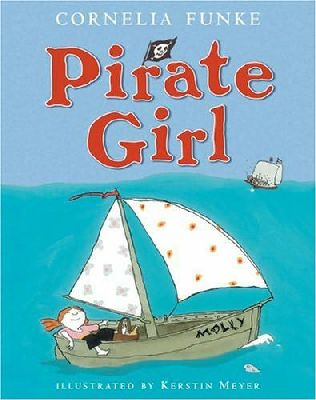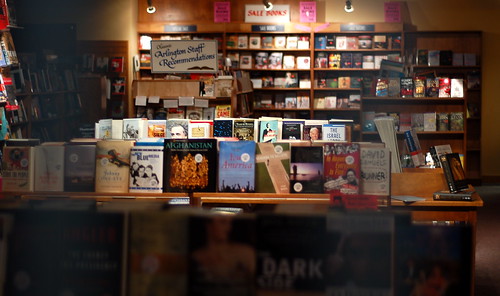 There's so much to say about Freddy the Pig that it's hard to begin. So, aiming randomly and seeing what we happen to hit, let's start with Freddy the Politician.
There's so much to say about Freddy the Pig that it's hard to begin. So, aiming randomly and seeing what we happen to hit, let's start with Freddy the Politician.This book comes in during Freddy's golden age. For the first couple of books in the series, Mr. Brooks has not yet realized that Freddy is the character around which this barnyard ensemble revolves, scattering the focus and preventing the lovely sense of organic wholeness that pervades the rest of the series. And, later, after a couple dozen books, Mr. Brooks runs out of fresh ideas.
But in the middle of the series -- from the third or fourth book until about the 20th or so -- it's marvelous good fun.
In Freddy the Politician, the animals find a need to (1) open a bank, and (2) form a government and elect a leader. Plot complications include the accidental arrival of some pushy, officious woodpeckers from Washington. In lesser hands, this could fall into cliches pretty quickly. But with Freddy, we get a tantalizing glimpse into the workings of the real adult world, while never losing the comic momentum. Where else in children's literature do (funny, believable) plot developments hinge on correct parliamentary procedure (I don't think you can count Alice, because all rules are off in that world) or voter registration laws?
Serious stuff, but never too serious. As with all Freddy books, there's a comforting familiarity to finding the series' mandatory elements -- an episode in which Freddy must don a disguise, some terrible poetry, a thwarted attempt by Charles to make a speech. The peril is never too great -- Freddy and his friends always end up on top in the end -- and there is always genuine laugh-out-loud humor, including wordplay the adult reader will have to explain to the child listener.
It's a gentle mirror on the real world. But the adult reader will probably let some things remain fiction -- like when the First Animal Republic, briefly derailed under a dictatorial leader, starts annexing neighboring farms in this book, published in 1939.





